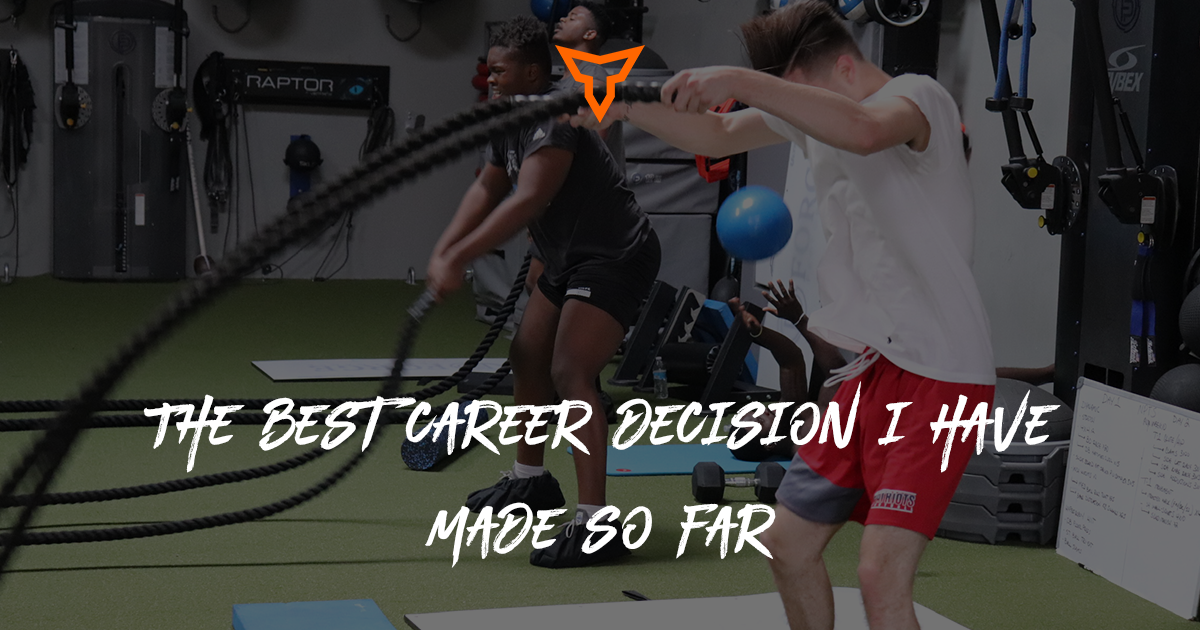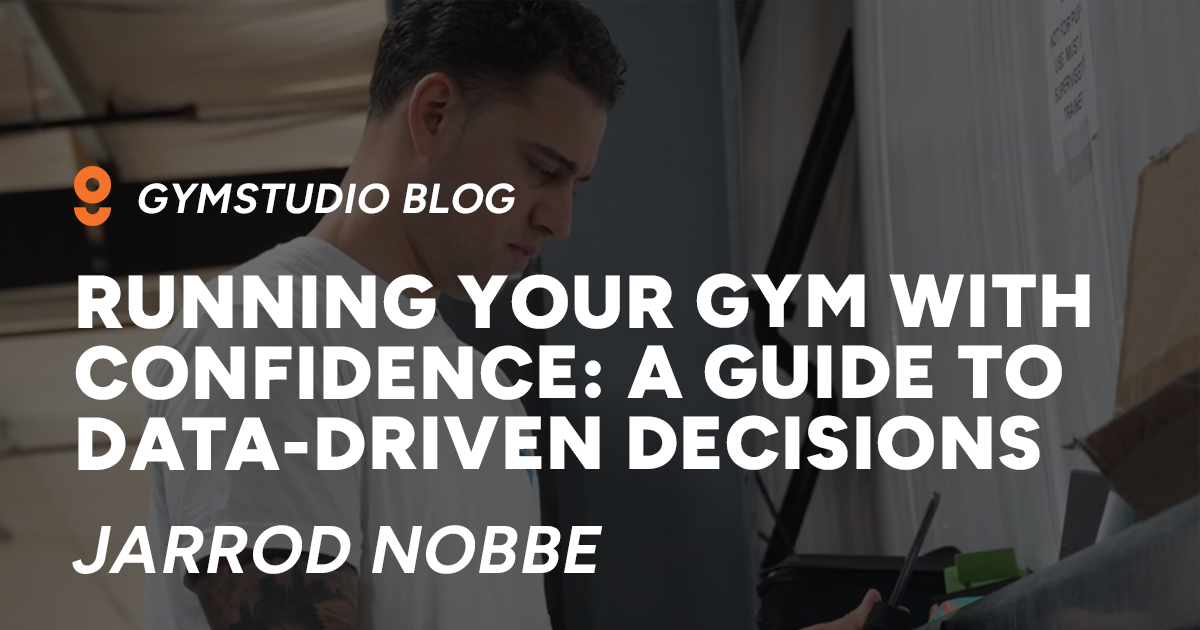Ego Decisions vs. Legacy Decisions
Coaches talk about leaving a legacy all the time, and recently I’ve found myself really reflecting on what that even means. Legacy is a tricky word by definition. On one side, a legacy is something you pour yourself into building that will last long after you’re gone. On the other side, for that legacy to stand the test of time it must impact others. With this duality in mind, it becomes a double-edged sword. Legacy can drive good leaders to do selfish things, but it can also drive people to take on new challenges and put the good of the team or program above their own. In my experience, the fork in the road comes when a leader comes face to face with that little voice in their head called ego.
I’ve spent the better part of a decade now as a strength and conditioning coach and I know I’ve let my ego influence decisions that I now wish I could take back. If you asked me at any point I would’ve told you I was in it for the right reasons and I was. The student-athletes I had the opportunity to impact were and always will be at the center of what I do. I tried to follow a simple rule: if it’s what’s best for the student-athlete, do it. Now that I am primarily in business and consulting, my clients are always at the center of what I do. It’s always been simple to me, add the most value possible to whatever environment I am placed in. Now, before you proclaim me Saint Kitch, let's unpack the rest of the motivation. I am also driven by a deep fear of failure and a desire to be the absolute best at what I do. These are selfish motivations that ultimately serve a bigger purpose; in this case, my athletes, clients, and the people who engage with my content.
In the months leading up to the decision to leave the Division 1 world, I found myself thinking about things differently. I was well aware that, on some level, the hesitancy I was feeling to leave my Division 1 job and start Edge Leadership Academy was not entirely due to altruistic motives. I was hearing the voice of my ego trying to convince me that I should stay. Stay where you’re comfortable and not exposed, stay where you know you can feel success, and stay where you know the outside world “respects” what you do. These thoughts conflicted with my main goal; make the most positive contribution of value possible on the biggest stage. That meant moving on and building a new platform to provide value.
I bring this story up because I think other coaches have encountered the same internal struggle. I’ve seen people stay in bad situations for the sake of keeping a logo on their chest. I’ve also seen these compromises eat those people alive and turn good coaches into shells of their former selves. I’ve seen coaches stay in roles because teams were winning even though their mental health or well-being was going down the drain. I don’t say these things to judge (that would be the definition of hypocrisy), rather to make us think. Why are you in the role you’re in? Maybe you answer that question and it aligns perfectly with who you want to be. Great! Maybe you answer that question and you realize you’ve been compromising your values for your ego. Just food for thought.
So, what does this little trip into my psyche have to do with leadership and coaching? In the movie Frankenstein, the main character states “I have love in me the likes of which you can scarcely imagine and rage the likes of which you would not believe. If I cannot satisfy one, I will indulge the other.” This quote exemplifies what leadership is about; making your dark side work for you and not against you. It is acknowledging that selfish desire to be great, but knowing you are only as great as what you put into others and ultimately the world. Invest in yourself so that you can add value to others. This means looking at the big picture…family, self-care, community, etc. How are your action affecting them?
True leaders don’t submit to their ego driven decisions, but rather make what I call “legacy decisions”. This type of decision making gives leaders the freedom to take risks. The opportunity to pour into those around you reassures you that there is no loss to be had. Legacy thinking is about taking a short-term “loss” (as described by your ego) that will create a long-term better environment for yourself, your people and, your family. Step outside yourself, think about how you want to be remembered and make legacy decisions.
“On your last day on earth, the person you were comes face to face with the person you wanted to be. Make sure you like both.”
Subscribe to our blog
Subscribe to receive the latest blog posts to your inbox every week.
Related posts

Career-Changing Decisions for Strength Coaches Unveiled

CSCS Certification: A Game-Changing Career Decision


